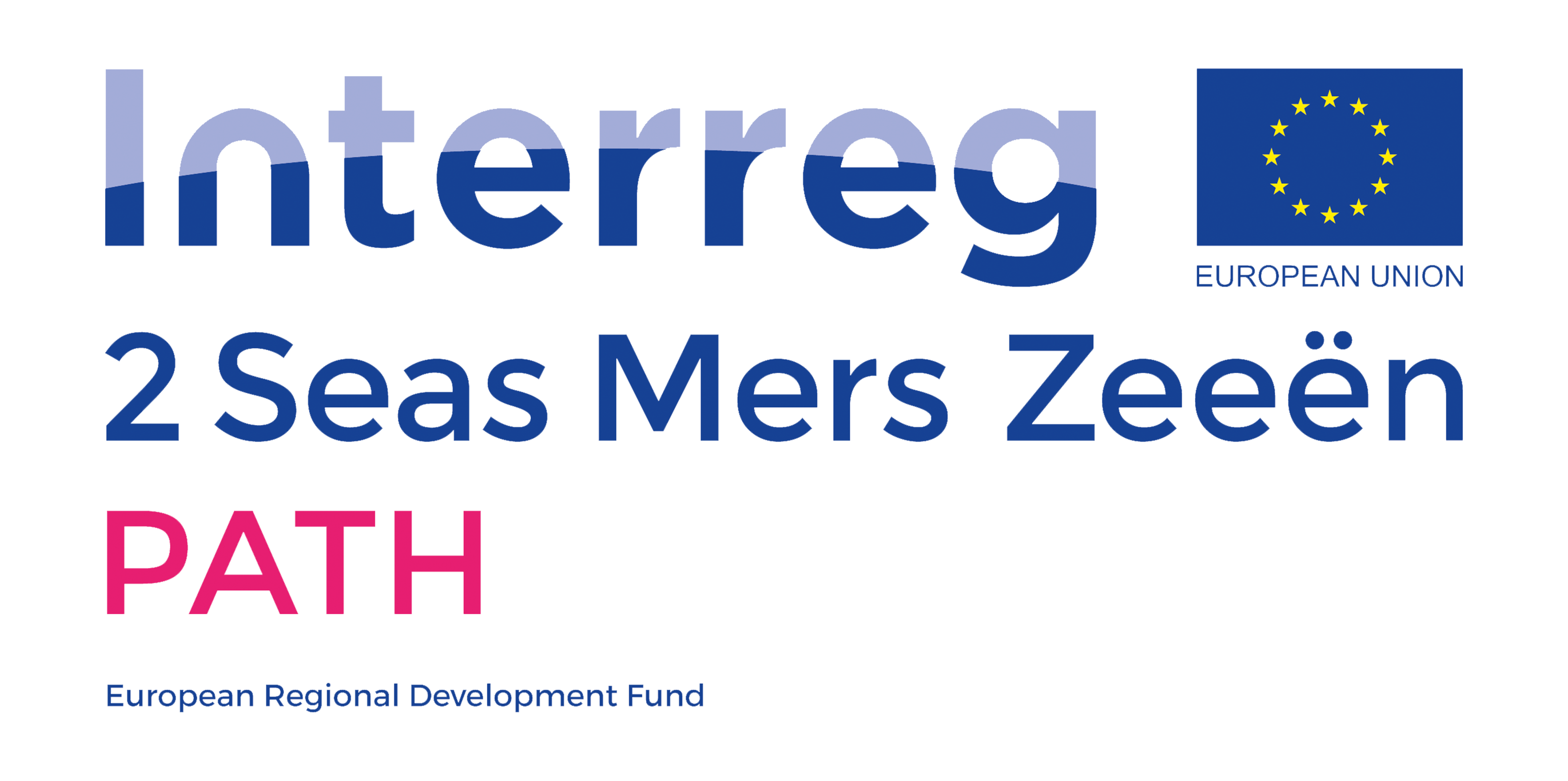Perinatal mental health is stigmatising to women and professionals alike, leading to reluctance to discuss the topic and possible under or misdiagnosis.
Often clinicians may feel apprehensive in broaching the subject for fear of asking questions insensitively or perhaps not knowing what to do with the information divulged.
It is well established that open and active discussion with the mum, and within the multidisciplinary team, can help establish a trusting relationship and optimise future therapeutic support.

The following suggestions aim to help and equip professionals of what and how to ask women about perinatal mental health.
It will focus on the primary encounter with the mum as an opportunity for open discussion, therapeutic support, and basic risk assessment for those with known or emerging psychiatric problems.
What’s the best way to start this conversation?
Opening statements:
Communicating normalising introductory statements about mental health is an effective way of explaining your intentions and creating a neutral, open space for safe discussion. A key point to explore with the woman or parent is the frequency and normality of mental health concerns in pregnancy and the postnatal period.
Example of an opening statement:
It is important to keep an open mind and be prepared for anything the parent may say, free from surprise or judgement. You may perhaps be the first person to enquire seriously about their mood, and they may be hiding their feelings.
’I feel as though I need to find out a bit more now, how do I do that?’
Exploratory questions:
Once a rapport has been established, it is important to continue with exploratory questions. The aim of these questions is to explore the parent’s concerns, and gather information on any symptoms they may be experiencing. Ultimately, you are looking to decide if the parent would benefit from mental health services, so listen carefully to what they have to say.
Examples of exploratory/follow on questions:
’I need to do a basic risk assessment, how shall I start?’
Direct questions:
Once you have a focus for discussion, or whether you are carrying out a basic risk assessment it is important to ask more direct (closed) questions to probe for concerns that the parent may be fearful to divulge. The structure of these questions should not be leading, to avoid providing a false sense of security for the woman or indeed yourself.
In the example of a women or parent struggling with severe vomiting, where it is known that previous eating disorders are a potential risk factor, resist the temptation of saying ‘But, you’re not worried about gaining weight or looking fat?’ as it leads the woman to affirming the negative, and may in fact serve as practice for continually hiding her innermost thoughts and feelings until she is in an extreme situation.
For the same reason, and to avoid ambiguity or uncertainty in the answer, direct questioning in a basic risk assessment is advised. The aim of the risk assessment is to establish if there is any risk of self-harm or harm to others.
Although perhaps intimidating at first, completing a risk assessment need not be difficult. For most women or parents, a single question may be all that is required, and once again normalising and explanatory language is very helpful.
An example might be:
‘One question I like to ask all women or parents I meet with is about mental health and risks, as pregnancy and childbirth can be a difficult time in some women’s lives. Some women or parents I meet experience thoughts of harming themselves, or harming others, and we can provide help and support in these situations. Have you experienced any such thoughts?’
‘What do I do with the information divulged’?
Depending on your role in the support of the new parent, any concerns will be taken to, and discussed, either within your multidisciplinary team, or directly to your supervisor/manager.
From there you can consider how best to support the parent. This may be with additional support from your own team, or a referral to the relevant organisations.
